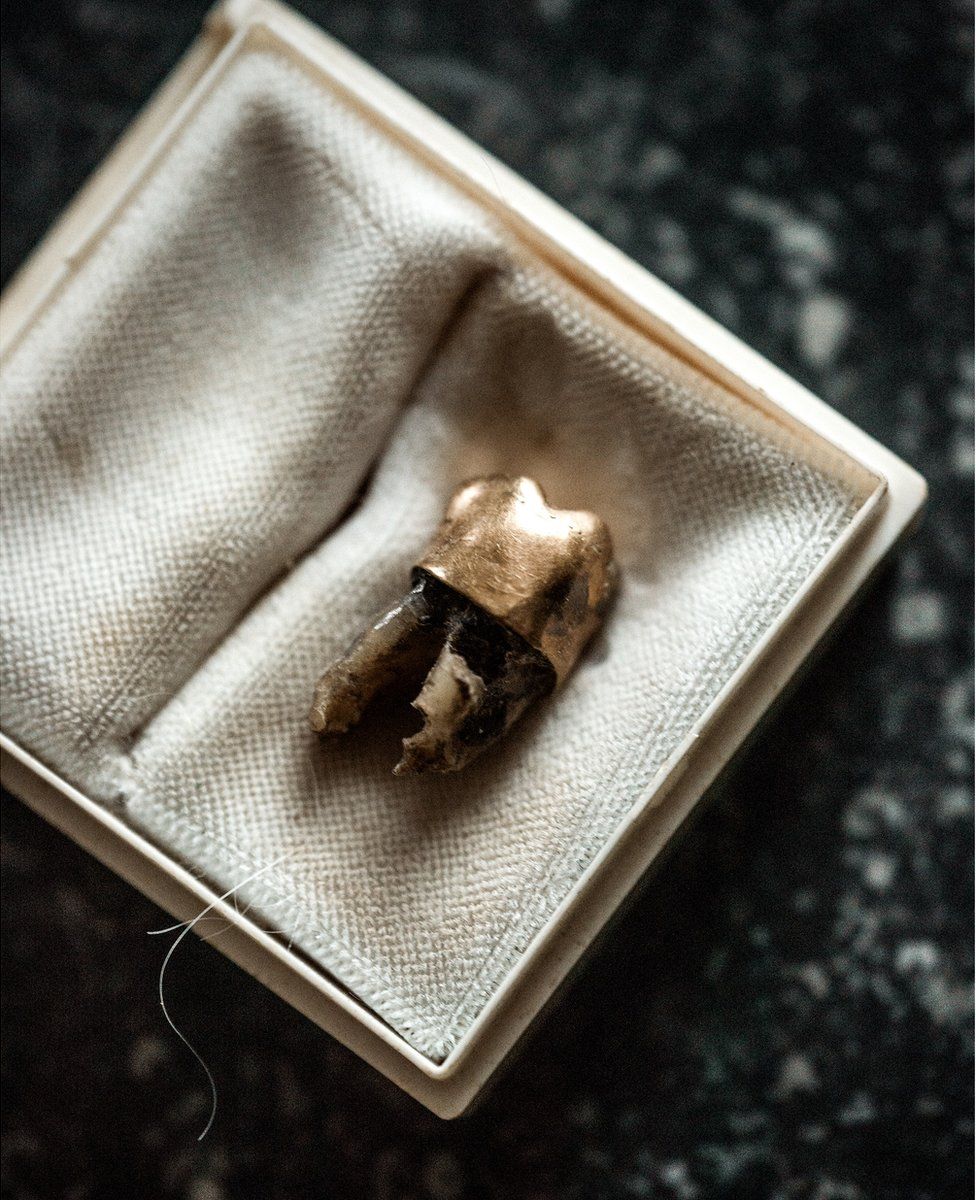Saurimo - The President of MPLA, Joao Lourenço, accused the opposition of resorting to several delaying tactics in an attempt to overthrow his party.
Joao Lourenço was speaking at a mass political event in the outskirts of Saurimo, which brought together more than 50,000 people, including militants, supporters and friends of the party.
He urged the militants and supporters to work hard to ensure the victory of the party in the elections on 24 August.
He said the opposition had not succeeded in overthrowing the ruling MPLA for 27 consecutive years by force of arms or through elections, even if they had resorted to unimaginable alliances.
"They made the worst alliances imaginable, even to the Apartheid regime that oppressed Africans, our Angolan opposition had the nerve to ally itself with it, but they did not win," the MPLA leader said.
According to Joao Lourenço, the opposition concluded that by fighting individually against MPLA it would not come to power and "now they have decided to get together and have emptied some parties".
Railway
The president of MPLA announced, in this rally the construction of a new railway line that will link Benguela and Saurimo, capital of the province of Lunda-Sul.
He said that, as it is going to be done with the construction of the Luacano branch line to Zambia, the connection of the Benguela Railroad to Saurimo could be perfectly solved through studies. The Benguela Railroad is the main one of the three in the country (the others are the Luanda and Moçâmedes Railroads).
He said that the government was already working on this possibility, "we believe that, at the beginning of the mandate, we will have good news about the possibility of starting the works for the connection of Saurimo to the Benguela Railroad".
Joao Lourenço also announced the conclusion, in August 2023, of the rehabilitation works of National Road 230 (EN-230), which links the coast to the province of Lunda-Sul.
The leader of the ruling party noted that the government was also committed to rebuilding other roads to make the link between municipalities and neighbouring provinces easier, notably the Saurimo/Dala/Moxico and Saurimo/Lucapa sections.
He stressed that for this to become a reality, it is necessary for the MPLA to remain in power. "Only the MPLA is the one that thinks seriously in the resolution of the big problems of the people".
University Campus of Saurimo
He also spoke of the construction of a University Campus in the city of Saurimo, whose laying of the first stone was done a few days ago, by the Minister of Higher Education, as well as a Geoscientific Centre (to study the mineral resources of the country), which will generate more jobs for the youth.
He said that the Government is committed to creating jobs in that region of the country, in order to make the best use of the enormous mineral resources that this part of the national territory has.
Governance transparency
With a standing ovation, the MPLA leader recalled that since the beginning of its mandate, the Government had sought to ensure transparency in governance, in general, and in particular in the diamond mining sector. He recalled that the government had put an end to the monopoly on the sale of diamonds.
He made it known that, currently, investors who own diamond producing mines are free to market, themselves, a large percentage of what they produce and the rest they sell to SODIAM, which is a public company.
The MPLA leader recalled that, before, they were obliged to sell everything to SODIAM "and, as if that were not enough, SODIAM also had an exclusive client".
He said that his government was there to serve the majority and "not half a dozen people who think they have more rights than the 30 million Angolans".
On the subject of transparency, he said that articles often appeared "in the national and international press" about the lack of transparency in the diamond sector, particularly with regard to company shareholders.
In this regard, he said that the country had taken the initiative to join an international organisation called the Extractive Industries Transparency Initiative.
Angola was recently admitted, in Brussels, Belgium, to be part of this Extractive Industries Transparency Initiative family.
According to President João Lourenço, this is a very important step that the country has just taken in order to give more transparency to the diamond, oil, gas, iron, gold and copper businesses, among others.






















